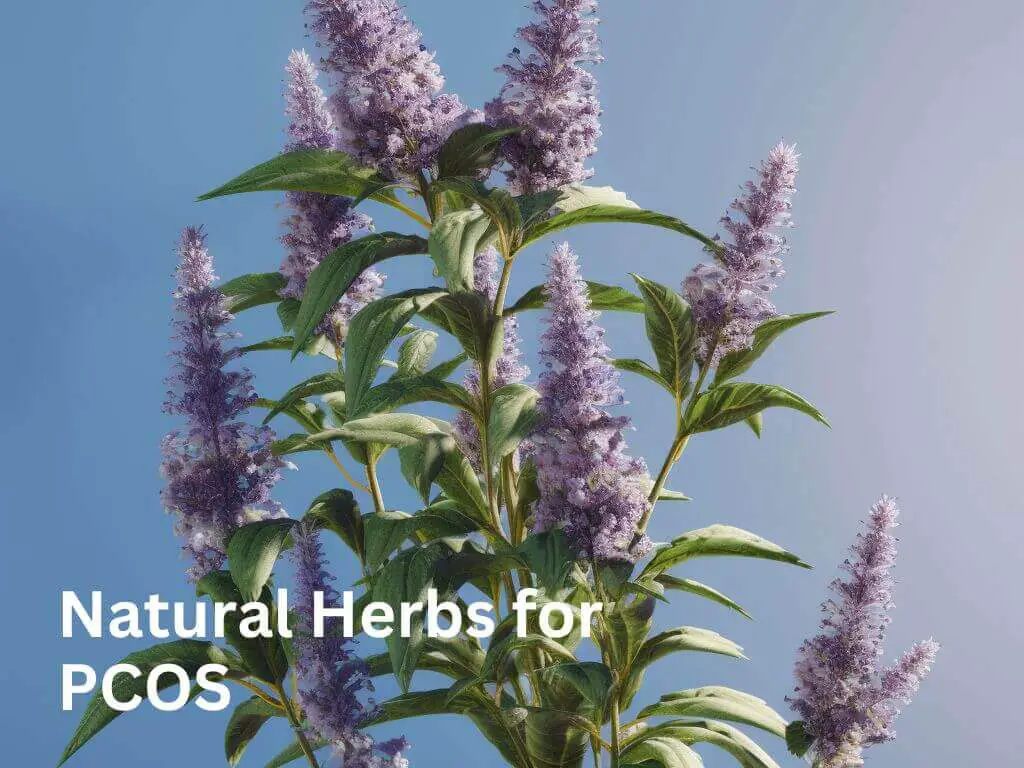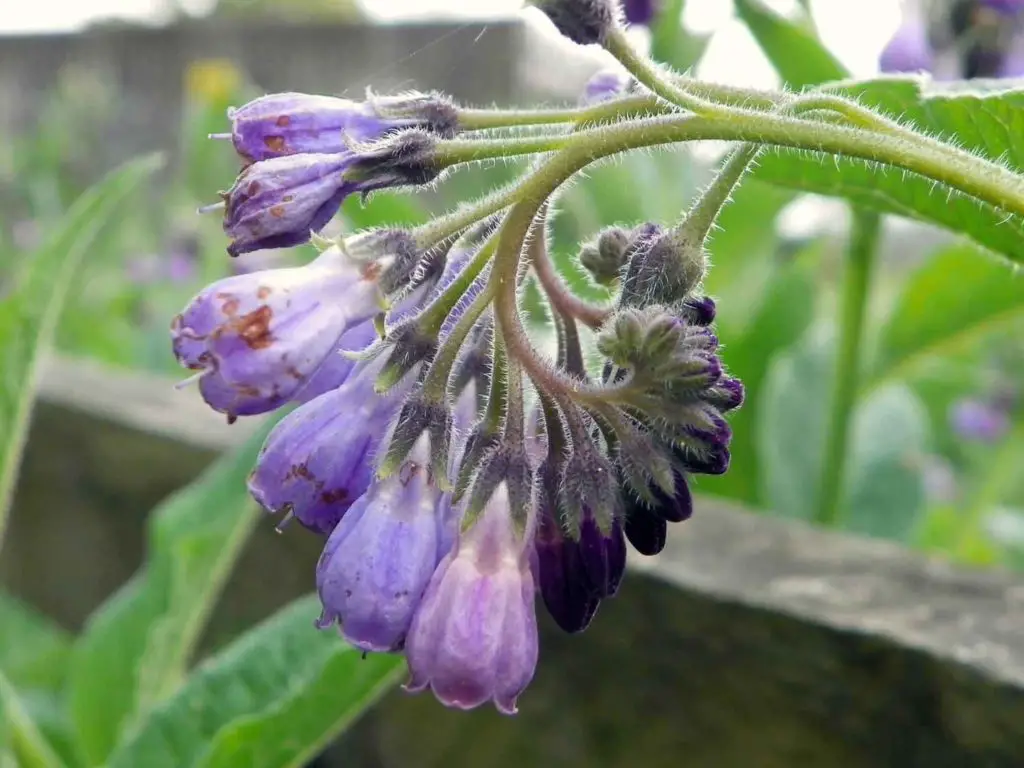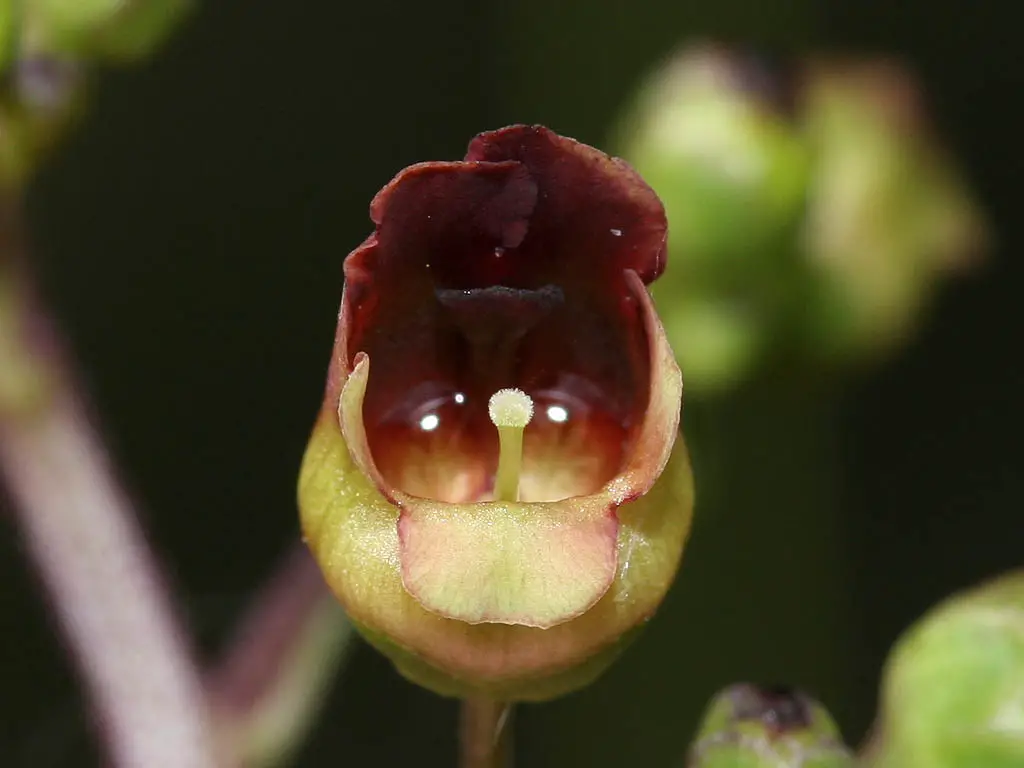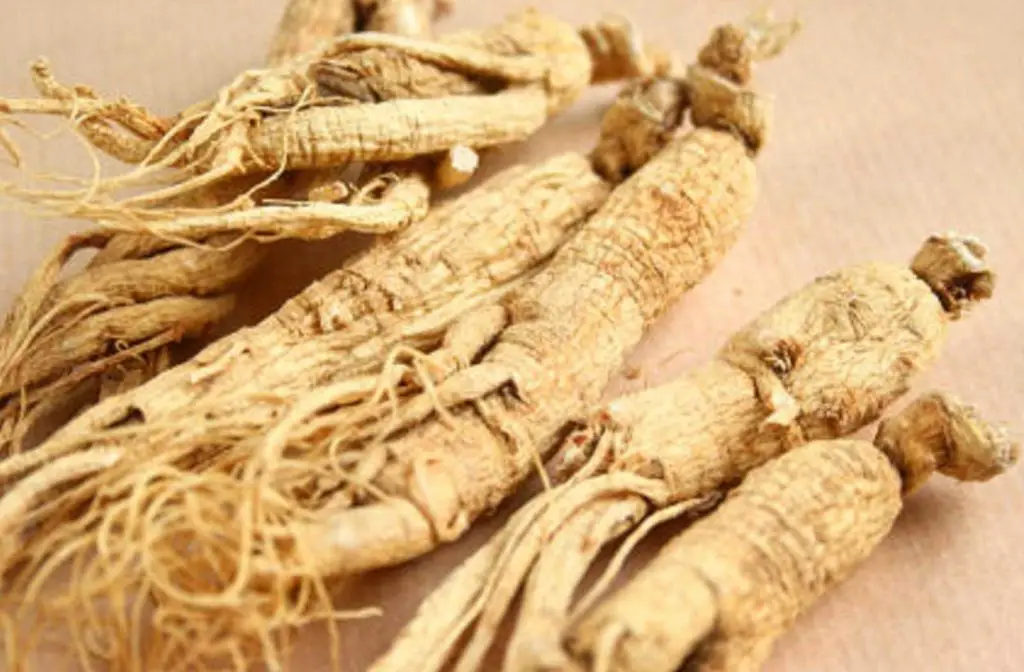PCOS, or polycystic ovary syndrome, is the leading cause of infertility in women in the United States. Over five million adult women are estimated to be affected by this life-altering condition. In most cases, PCOS is accompanied by diabetes, severe heart condition, stroke, depression, and anxiety.
Unfortunately, there aren’t any current medicinal cures for PCOS. However, the symptoms of this condition can be managed with proper treatment, and you’re not limited to conventional prescription drugs. You can naturally overcome the persistent and lifelong symptoms of PCOS.
Liquorice (Glycyrrhiza Glabra)
Licquorice, licorice, or Glycyrrhiza glabra is a traditional Western Asian herb used to treat many ailments, including PCOS. It’s believed that the use of licorice dates back to ancient Egypt. During these ancient times, Egyptian pharaohs were served delectable sweet drinks infused with licorice extracts.
Today, people use licorice to treat hot flashes, bacterial and viral infections, acid reflux, and common respiratory problems. The active compound in licorice, glycyrrhizin, is packed with antioxidants that help reduce inflammation and boost immunity. According to recent research, licorice can also improve hormonal balance in women with PCOS.
In an experimental study on the function of licorice extracts to PCOS, researchers noted an observable decrease in ovarian cysts and a significant increase in oocyte fertilization rate. The study used 100mg and 150mg to produce a substantial effect.
Chaste Berry (Linum)
Chaste berry, or Linum usitatissimum, is an ancient herb native to Europe and Asia. This long-standing flowering plant blooms a pretty shade of lavender and is dense with nutrients that profoundly affect overall health. Chaste berry is known by several names like Linum, linseed, flax, and flaxseed.
Linum contains a substantial amount of omega-3 fatty acids, lignans, and dietary fiber. There are also several studies supporting the cancer-protective properties of this plant. With its rich antioxidant content, the chaste berry is believed to be a natural remedy for PCOS symptoms.
A published scientific article showed that Linum usitatissimum could regulate estrogen production and promote fertility rate. This research also described Linum’s ability to reduce hyperandrogenism and hirsutism, which are prominent in PCOS.
Chinese Chaste Tree (Vitex Negundo)
The Vitex negundo, or Chinese chaste tree, is another vital herbal PCOS remedy. This tree, native to East Asia, was used in traditional Chinese medicine for centuries. It’s famous for its anti-inflammatory, anti-diabetic, cancer-protective, and antibacterial properties.
The vast health benefits brought by Vitex negundo are believed to be caused by its significant amount of flavonoids, lignans, and terpenes. In males, Vitex is essential to improve sperm motility. In women, Vitex acts as an agent to promote overall reproductive health.
In an experimental study, female rats are administered letrozole to replicate the symptoms of PCOS. The researchers then administered Vitex negundo extract and observed a significant improvement in estrous cycle irregularities, glucose tolerance, and LH: FSH ratio.

Fennel (Foeniculum Vulgare)
Fennel, or Foeniculum vulgare, is an herb native to the Mediterranean region. This aromatic perennial plant is often used as enhancing agent in cooking due to its sweet and earthy taste. This plant is characterized by its feathery leaves, a distinct bulbous base, and yellow flowers.
Fennel is packed with beneficial substances like dietary fiber, calcium, iron, magnesium, phosphorus, selenium, zinc, and vitamins A & C. All these substances help protect the body from oxidative stress. The plant also contains numerous bioactive components that are vital for fighting against cancer.
In a particular analytical study, fennel contained chemical constituents effective at curbing PCOS symptoms. The primary bioactive component of fennel, anethole, contributes positively to the estrogenic properties of the ovarian follicle. It also effectively suppresses common PCOS symptoms like hirsutism.
Turmeric (Curcuma Longa)
Turmeric is a notable herb used for centuries in Ayurvedic and Chinese herbal medicine. This plant is part of the ginger family and is native to India and Southeast Asia. Indians widely use turmeric in their dishes to add flavor and color.
Curcumin, the primary bioactive component of turmeric, is known to deliver a vast array of health benefits, such as anti-inflammatory, anti-diabetic, and anticancer effects. Moreover, curcumin is also documented to possess brain-protective attributes by increasing the BDNF protein levels in the brain.
According to a similar analytical study above, curcumin helps enhance the ovulation process and improve the histological features of polycystic ovaries. Moreover, its anti-inflammatory, anti-diabetic, and anti-hyperlipidemic properties curb the common symptoms associated with PCOS and raise fertility.
Ashwagandha
Ashwagandha is an herb native to Northern Africa, the Middle East, and India. Ashwagandha is known as Withania somnifera, Indian ginseng, and Indian winter cherry. Of all the countless benefits this plant brings, its ability to lower stress and improve mental functions is the most evident.
Besides its nootropic benefits, Ashwagandha is also used to regulate blood sugar levels, reduce muscle and joint pain, protect the liver, and normalize cholesterol levels. Furthermore, Ashwagandha also helps with fertility and improves the reproductive health of women, which is extremely helpful in PCOS.
Research suggests that PCOS is also related to insulin resistance, which is why the likelihood of diabetes is common for PCOS patients. With Ashwagandha, the plant helps regulate insulin levels and reduce glucose uptake. This curbs the chances of developing diabetes and other PCOS-related complications.

Read Also: Herbs for Breastfeeding
Holy Basil
Holy basil, or Ocimum tenuiflorum, is unlike the basil you’re familiar with. This dark green leafy herb is native to Southeast Asia and a key ingredient in traditional Indian ayurveda. Because of its historical claims, holy basil is regarded as the tonic of the mind, body, and spirit.
Historically, all parts of the holy basil have specific therapeutic use. For example, its flower is used to treat bronchitis, its leaves and seeds are for malaria treatment, its alcohol extracts are for stomach ulcers and eye diseases, and its oil is a remedy for pesky insect bites.
Holy basil extracts are used to lower blood sugar levels and normalize blood pressure, two common PCOS symptoms. This plant also regulates weight gain, which is common in PCOS. In addition, its antioxidant properties protect against oxidative stress from free radicals, which is an added bonus for PCOS patients.
The Bottomline
PCOS is a real problem affecting millions of women around the globe. Unfortunately, we are yet to witness the unraveling of the cure to eradicate this condition altogether. However, it doesn’t mean you’re helpless or stuck with conventional medicine that doesn’t work for your body.
Nature is filled with numerous herbs proven to help with PCOS and its symptoms with minimal side effects. Every herb offers unique benefits, so make sure to conduct your research and understand which one suits your body the best.
Subscribe to our newsletter!
Natural Herbs for PCOS FAQs
What Is the Main Cause of PCOS?
Up until now, the exact cause of PCOs remains a mystery to the medical community. Many studies attribute PCOS to genetics and higher androgen levels, but how this happens is still unanswered. Despite this, the medical and research community remains adamant about finding the exact cause of this life-altering condition.
How Will You Know If You Have PCOS?
There are numerous diagnostic procedures to identify PCOS. Your doctor may run tests for glucose tolerance, prolactin, and testosterone. They will also perform an ultrasound to check for signs of excessive ovarian follicles or cysts in the ovaries. Often, doctors diagnose the likelihood of PCOS if you come from a family with the same condition or your physical appearance fits the description.
What Is the Best Home Remedy for PCOS?
Taking natural remedies, such as the ones we outlined above, can help curb PCOS symptoms. In addition to herbs, lifestyle changes can make a difference in the long run. Exercise regularly and aim for an average of 30 minutes per day. Eating healthy foods with plenty of vitamins and minerals is essential for overall health. Finally, reduce your stress levels by participating in activities like yoga or meditation.
References:
- https://uvihealth.in/blog/post/ashwagandha-for-pcos-does-it-really-work
- https://www.herbalgram.org/resources/herbalgram/issues/98/table-of-contents/hg98feat-pcos/
- https://www.healthline.com/nutrition/licorice-root#uses
- https://www.healthline.com/health/womens-health/natural-treatment-pcos#healthy-weight
- https://www.healthline.com/nutrition/benefits-of-flaxseeds#TOC_TITLE_HDR_12
- https://www.sciencedirect.com/science/article/pii/S1878535221001210
- https://www.cdc.gov/diabetes/basics/pcos.html
- https://www.ncbi.nlm.nih.gov/pmc/articles/PMC7569710/
- https://www.ncbi.nlm.nih.gov/pmc/articles/PMC9844343/#:~:text=Among%20various%20herbs%2C%20Glycyrrhiza%20glabra,action%20against%20PCOS%20%5B8%5D
- https://www.ncbi.nlm.nih.gov/pmc/articles/PMC6701941/
- https://www.healthline.com/nutrition/fennel-and-fennel-seed-benefits#6.-May-benefit-breastfeeding-women
- https://www.healthline.com/nutrition/top-10-evidence-based-health-benefits-of-turmeric#TOC_TITLE_HDR_12
- https://pubmed.ncbi.nlm.nih.gov/30311123/
- https://www.forbes.com/health/body/ashwagandha-benefits/
- https://www.ncbi.nlm.nih.gov/pmc/articles/PMC4543599/
- https://www.healthline.com/health/food-nutrition/basil-benefits#body-benefits
- https://www.ncbi.nlm.nih.gov/pmc/articles/PMC4296439/
- https://my.clevelandclinic.org/health/diseases/8316-polycystic-ovary-syndrome-pcos#:~:text=The%20exact%20cause%20of%20PCOS,which%20causes%20irregular%20menstrual%20cycles




